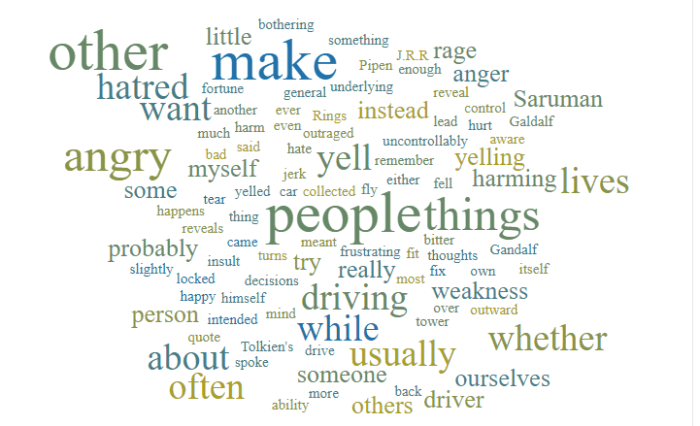I have written in the past about outrage and how I believe that outrage is often more about ourselves than it is about the thing that has outraged us. Quite often we find ourselves incredibly mad about a situation that barely involves us or barely impacts our lives in any meaningful way. We might be outraged that Will Smith smacked Chris Rock on live TV. We might be outraged that a state has implemented new laws which make it harder for women to obtain abortions. And we might be outraged over a new tax that has been passed. But often, the actual impact on our lives of these types of events is negligible. Will Smith may have ruined our TV viewing night, we might not like the idea that abortions are harder for some people to obtain, and we might not like that our taxes have gone up a bit, but in all reality, few of these things will truly matter to us personally. Unless we were the person who got smacked, a woman who needed an abortion, or truly living in a position where any possible increase in taxes would bankrupt us, we don’t truly have a reason to be outraged.
Lewis Richardson, a mathematician and early influencer of research on peace, seemed to think the same about indignation. Steven Pinker, in his book The Better Angels of Our Nature, quotes him as saying, “indignation is so easy and satisfying a mood that it is apt to prevent one from attending to any facts that oppose it.” Again, indignation, like outrage, is more about the individual than about the thing itself. Indignation is easy. It takes no effort to simply dislike something strongly. Indignation makes us feel that we are correct and so superior to others and other points of view that we do not even need to engage with them in a serious manner.
Something may be truly unacceptable. Something may actually be outrageously awful. But it is rare that we should draw a line in the sand and state that something is so unequivocally wrong and awful that we don’t even need to engage with other points of view. We don’t need to make our outrage or indignation more a marker of us than a disapproval of the outrageous and awful thing.

